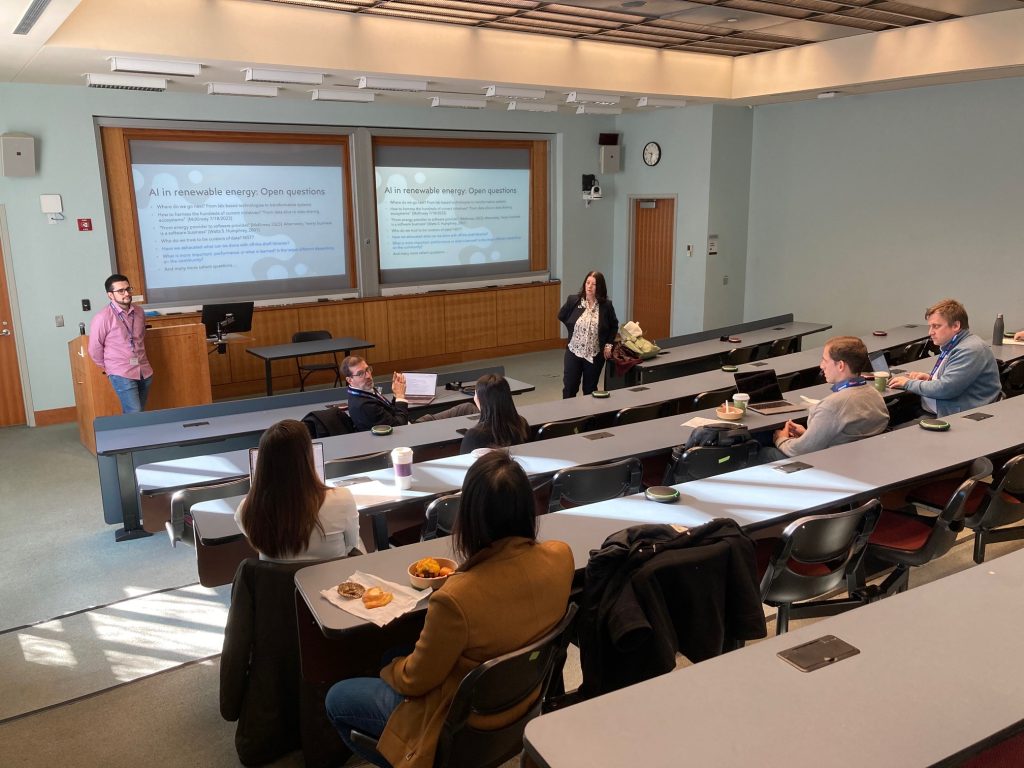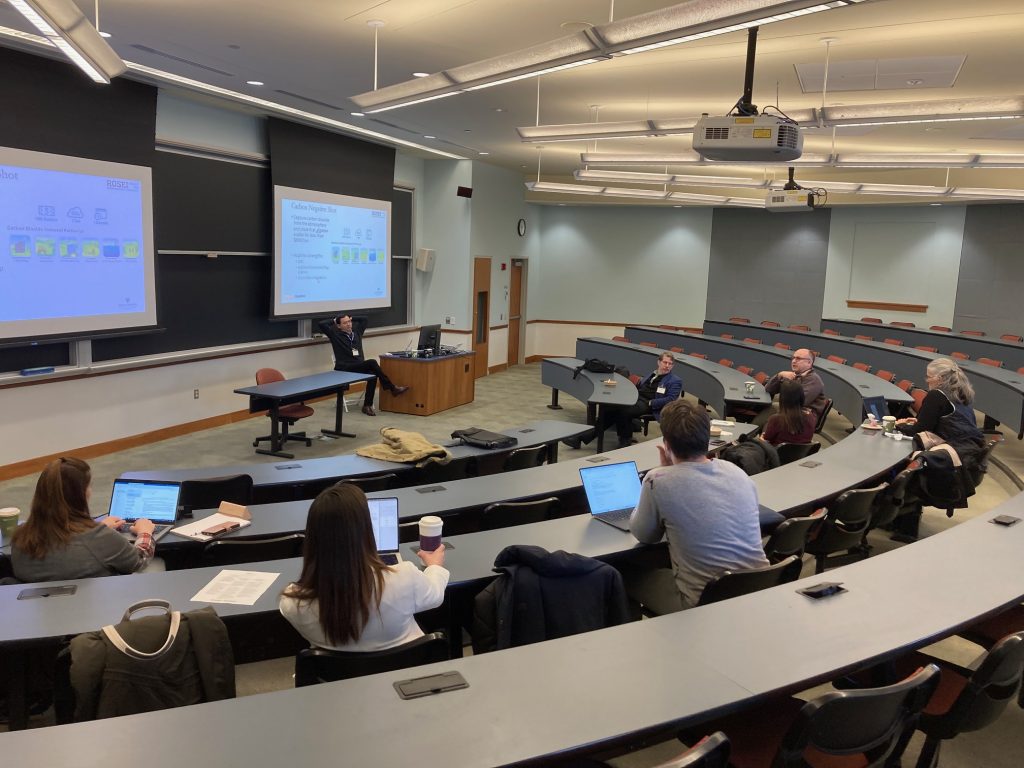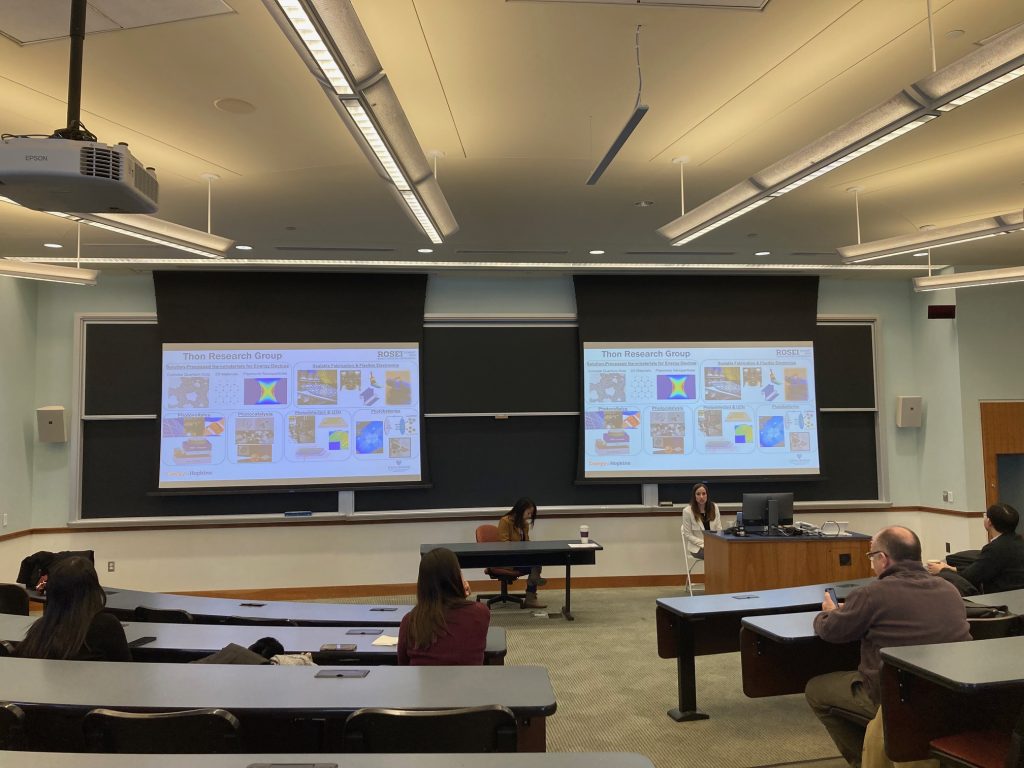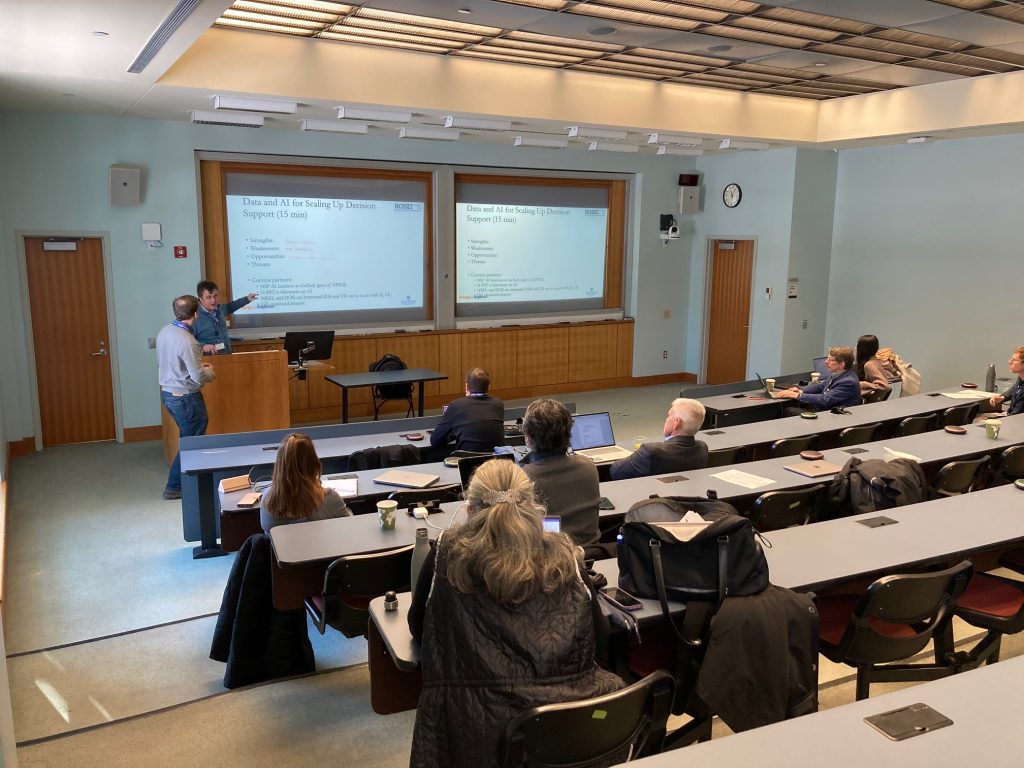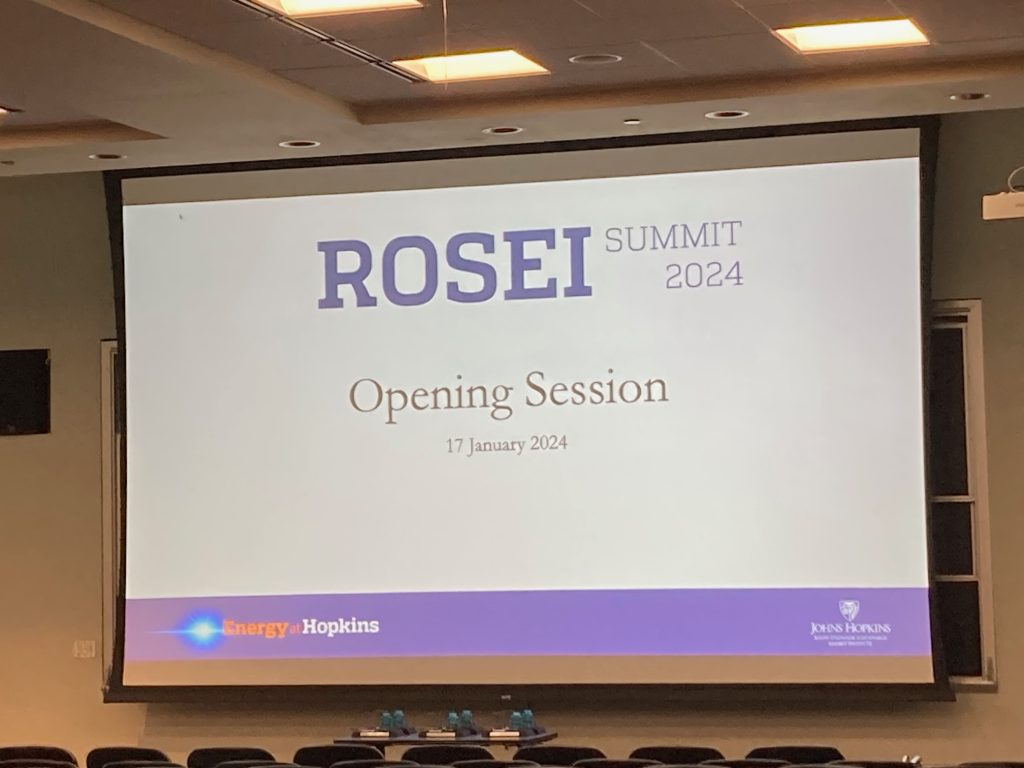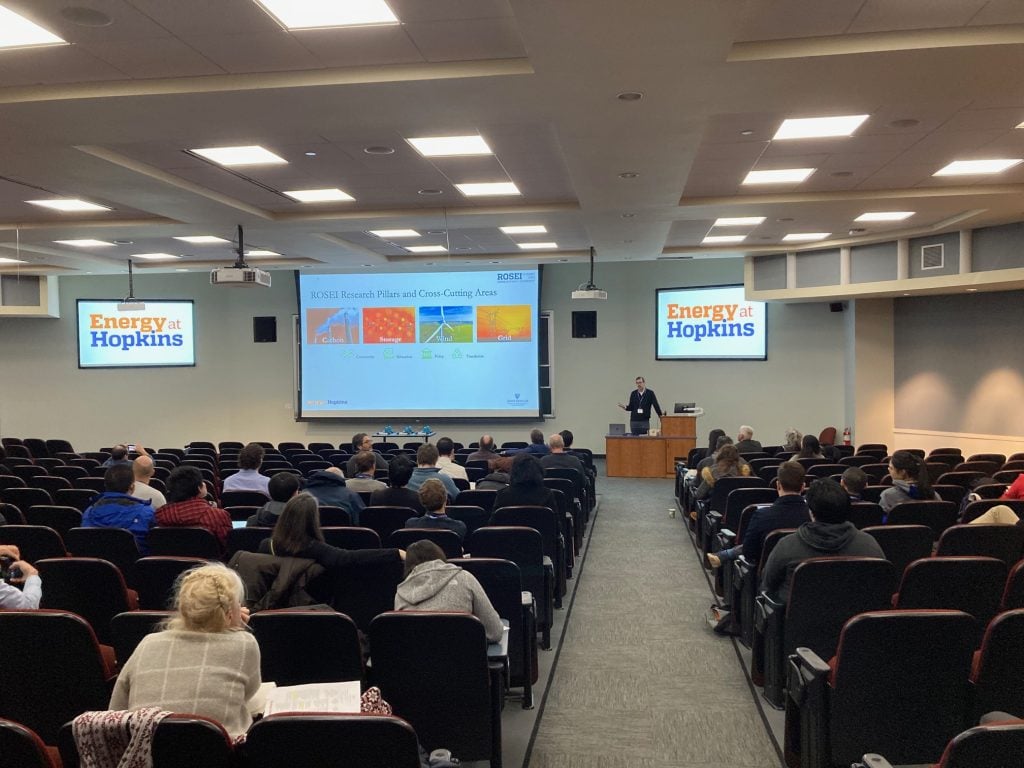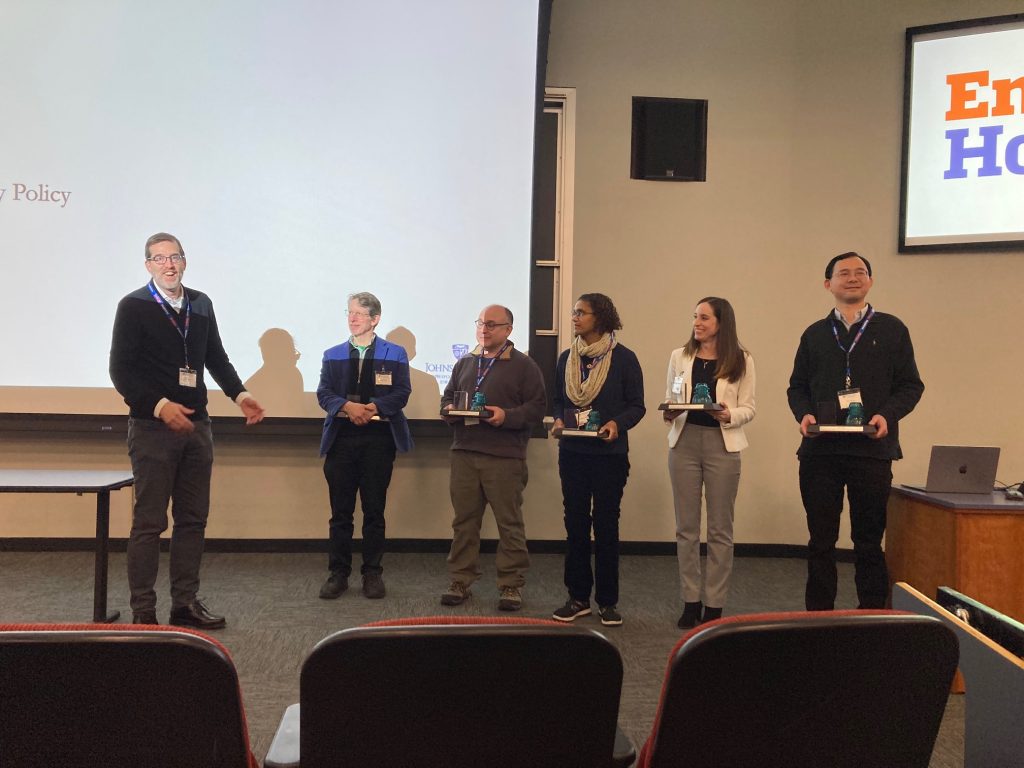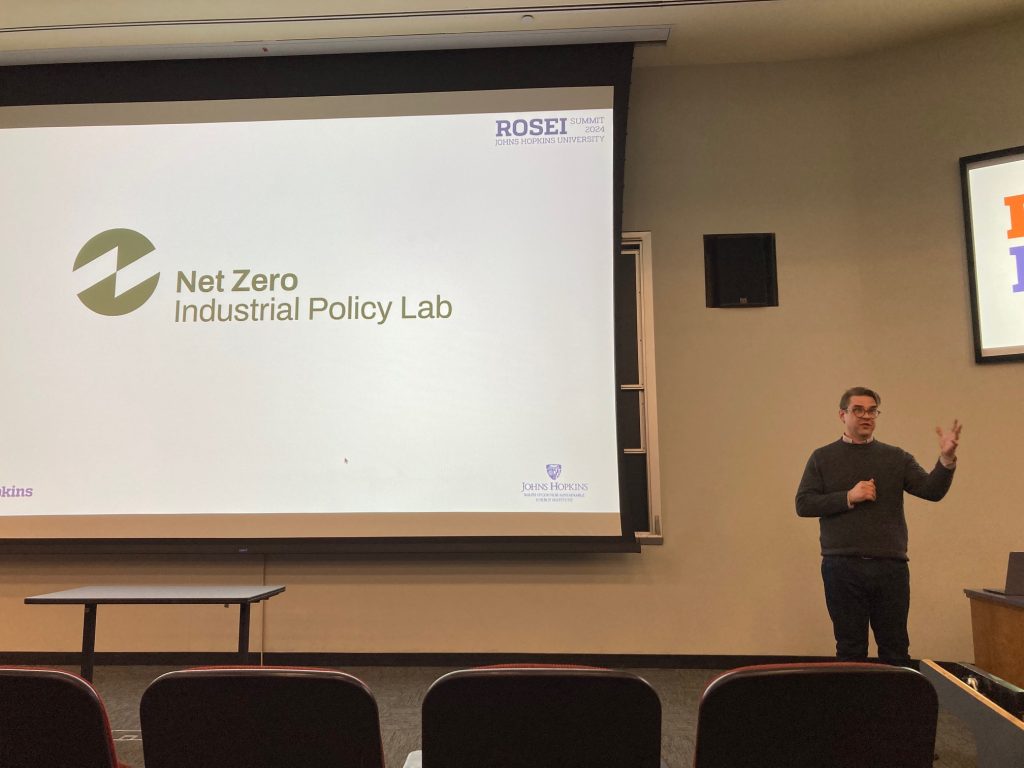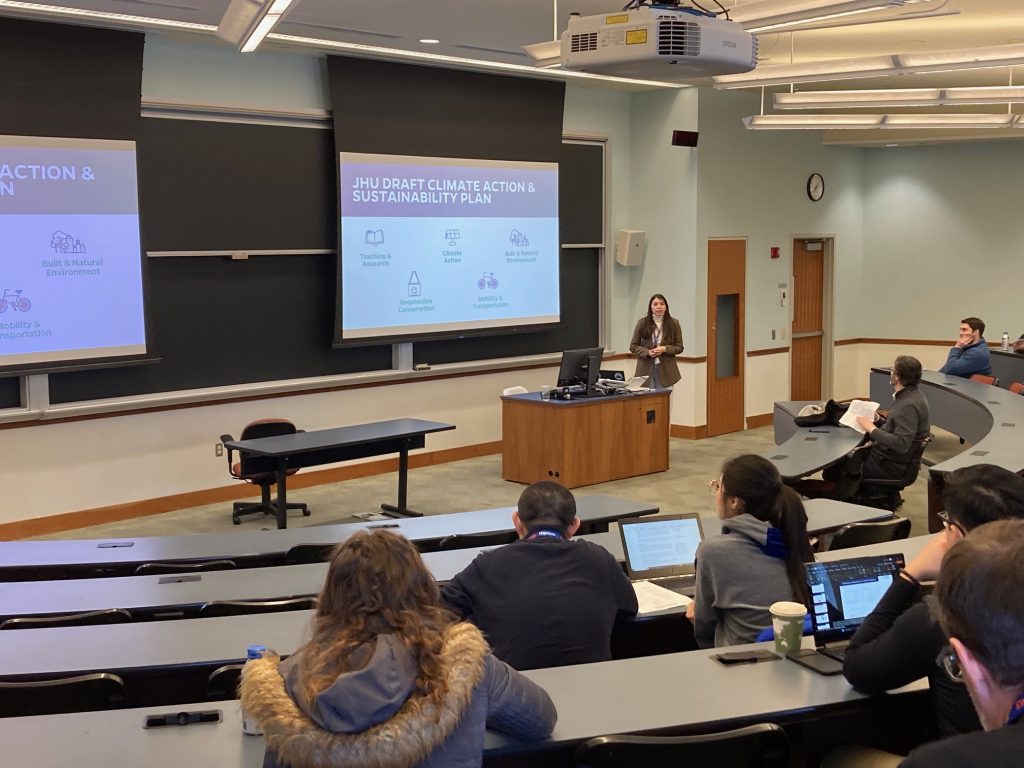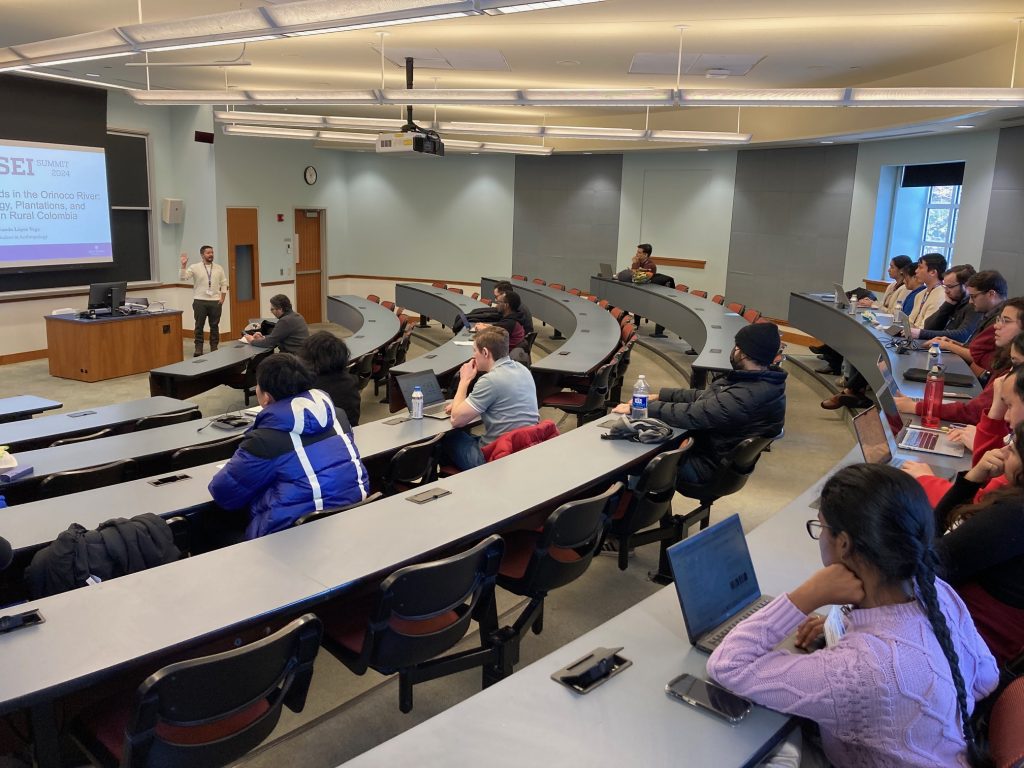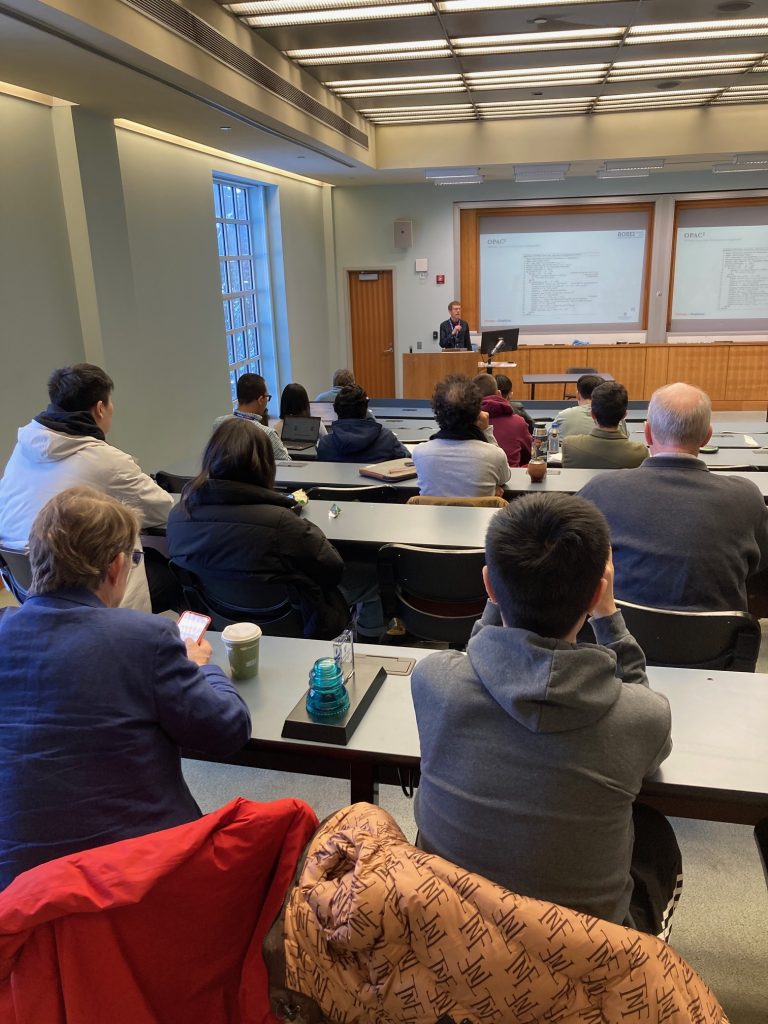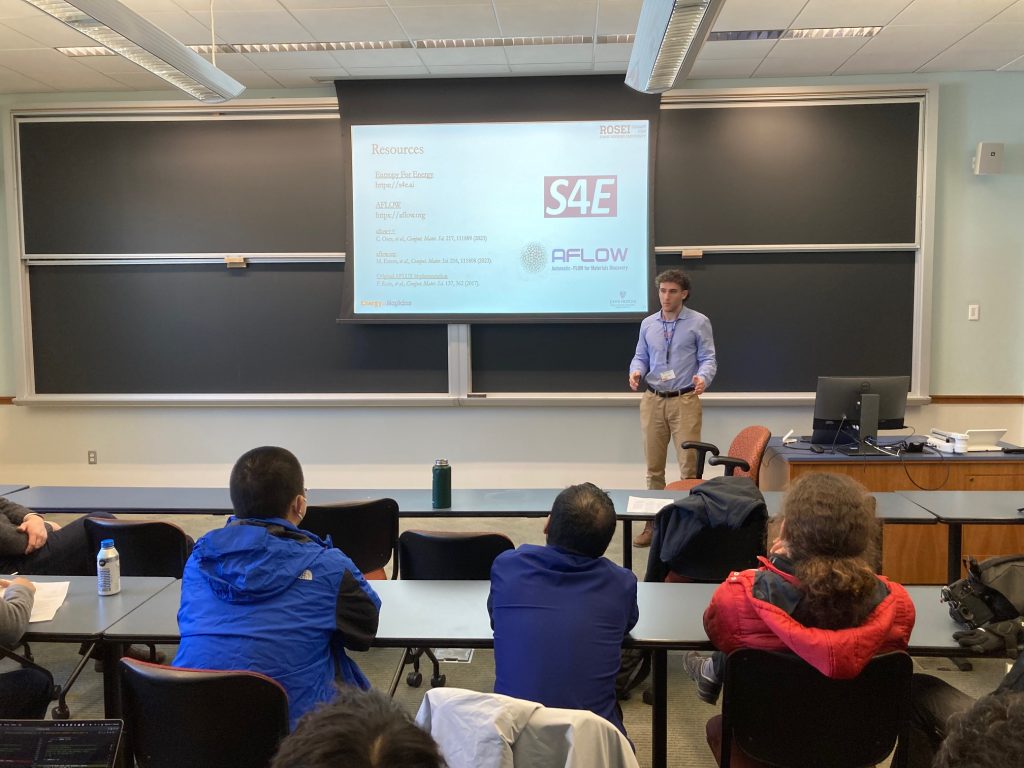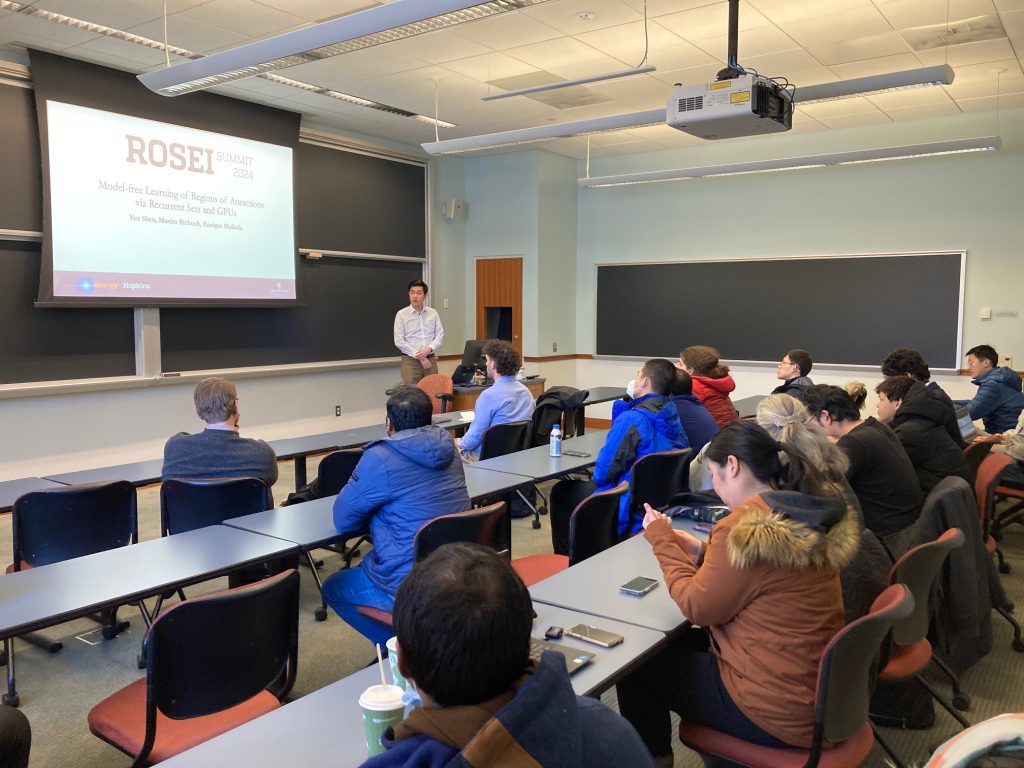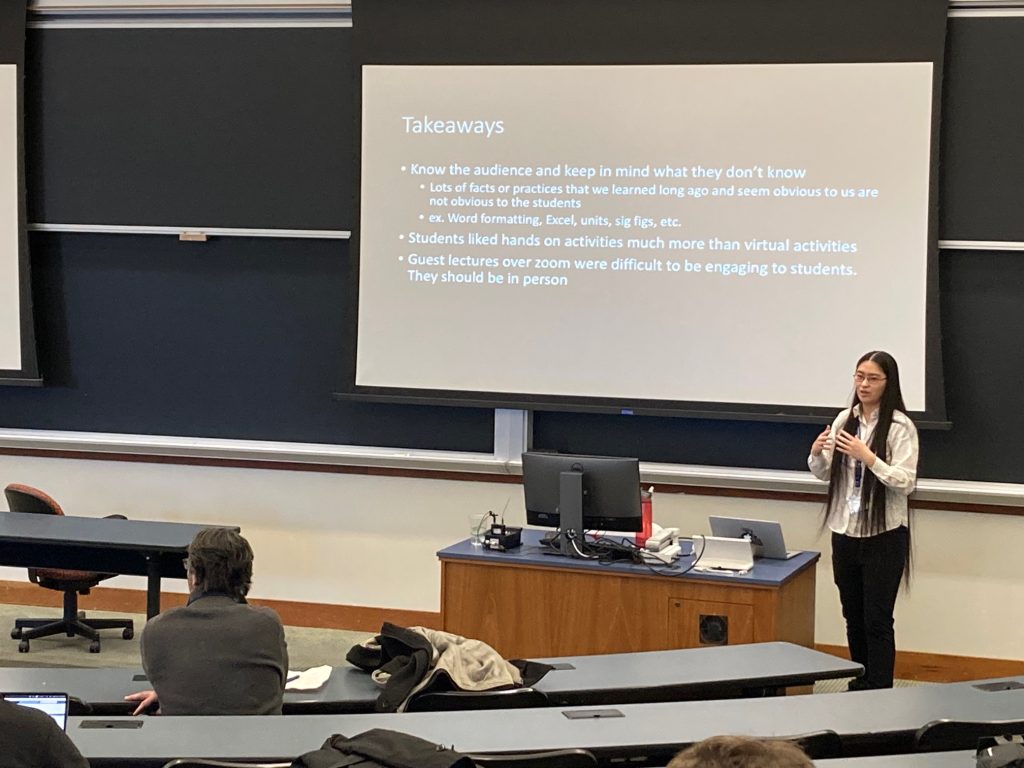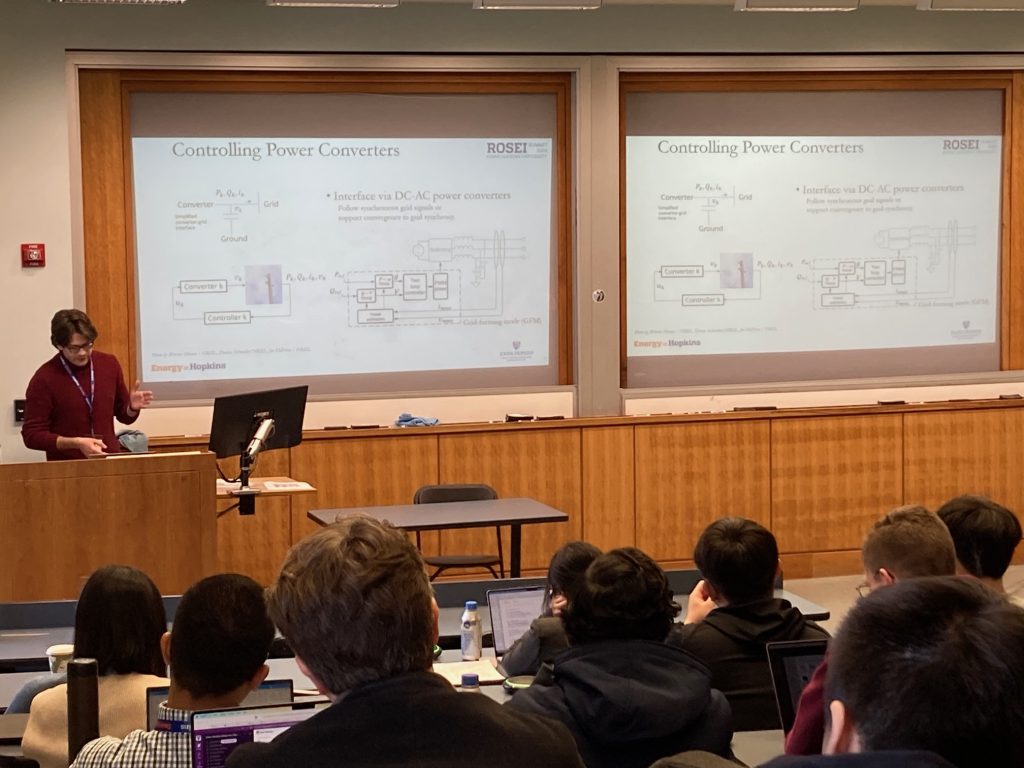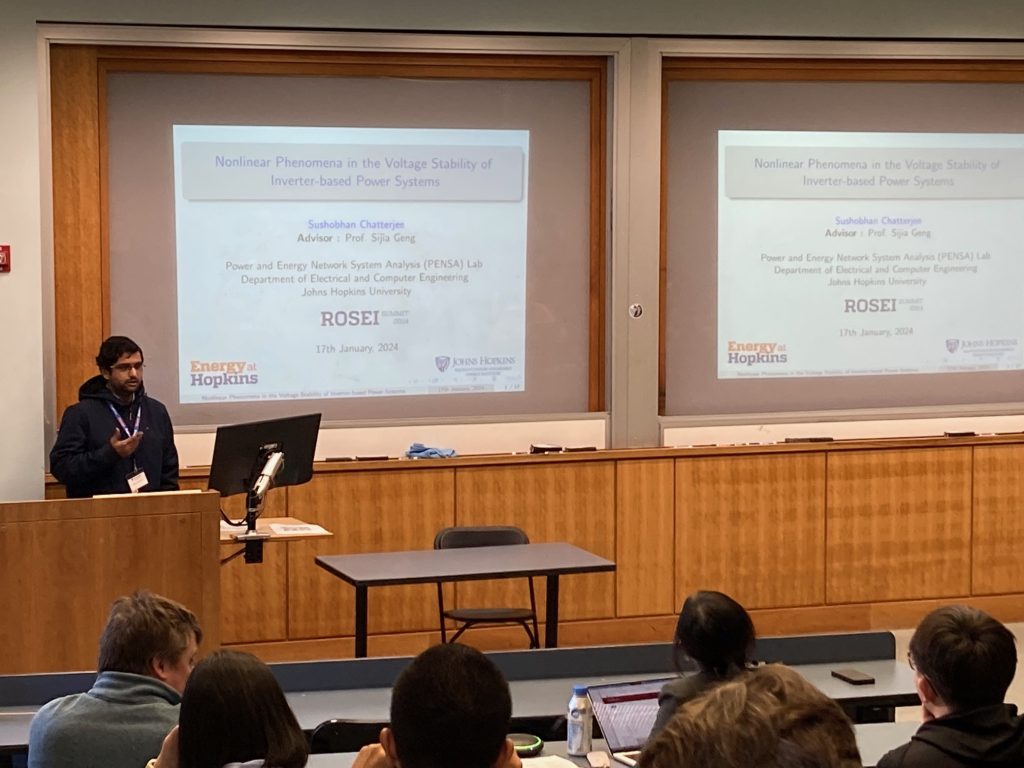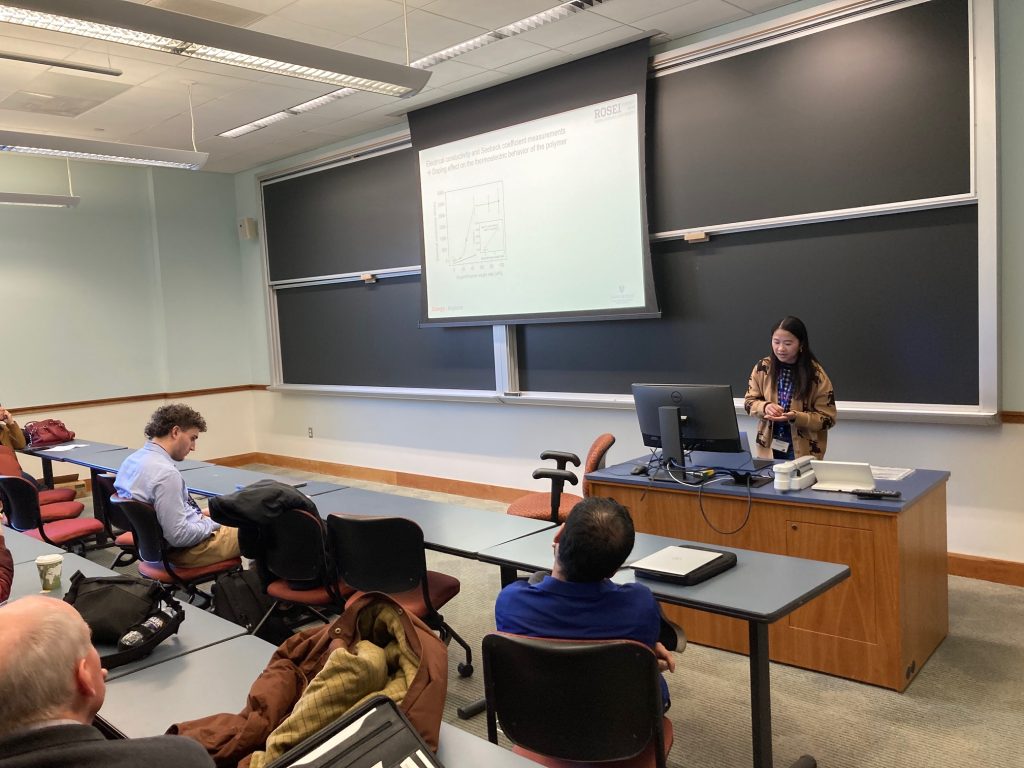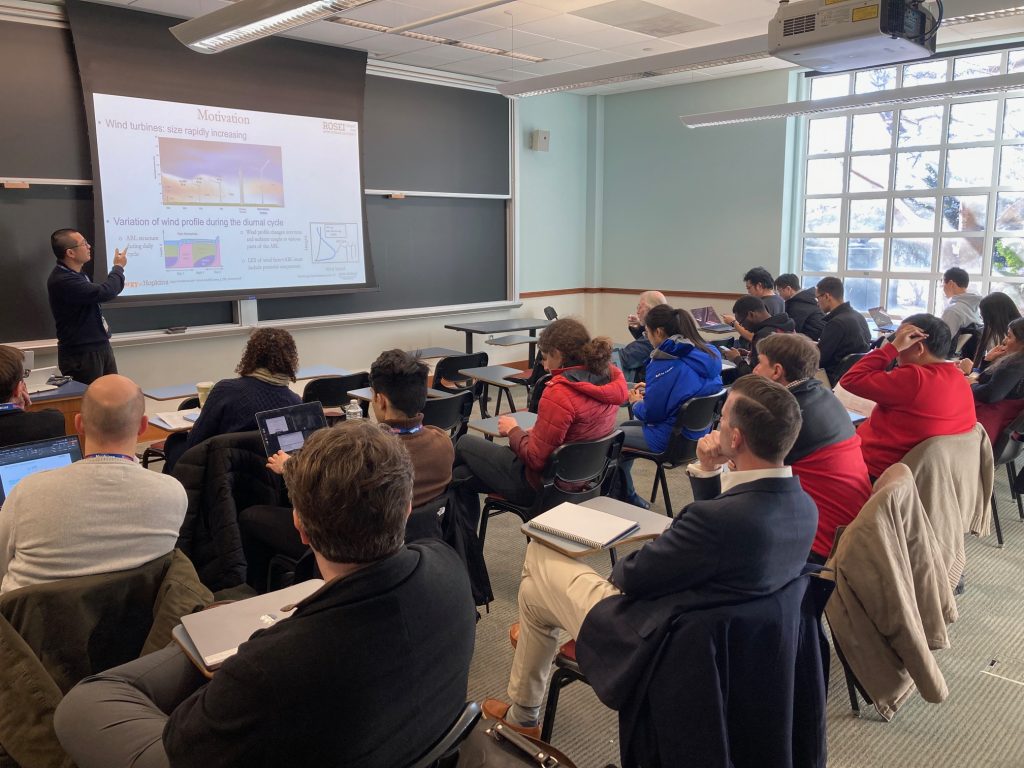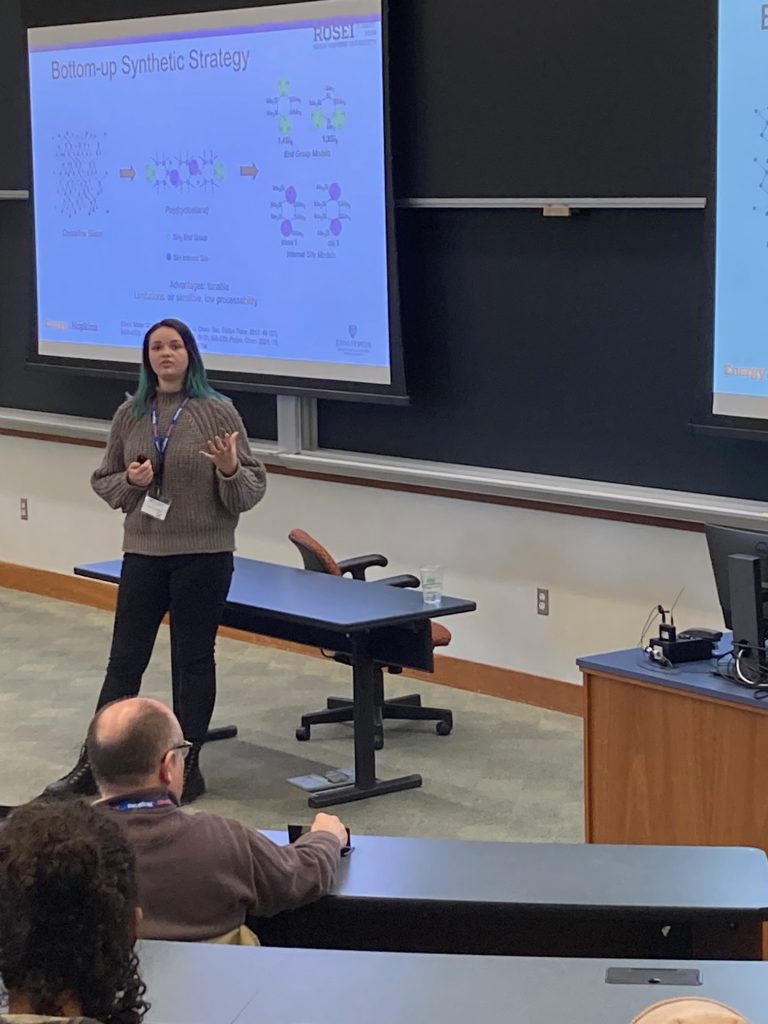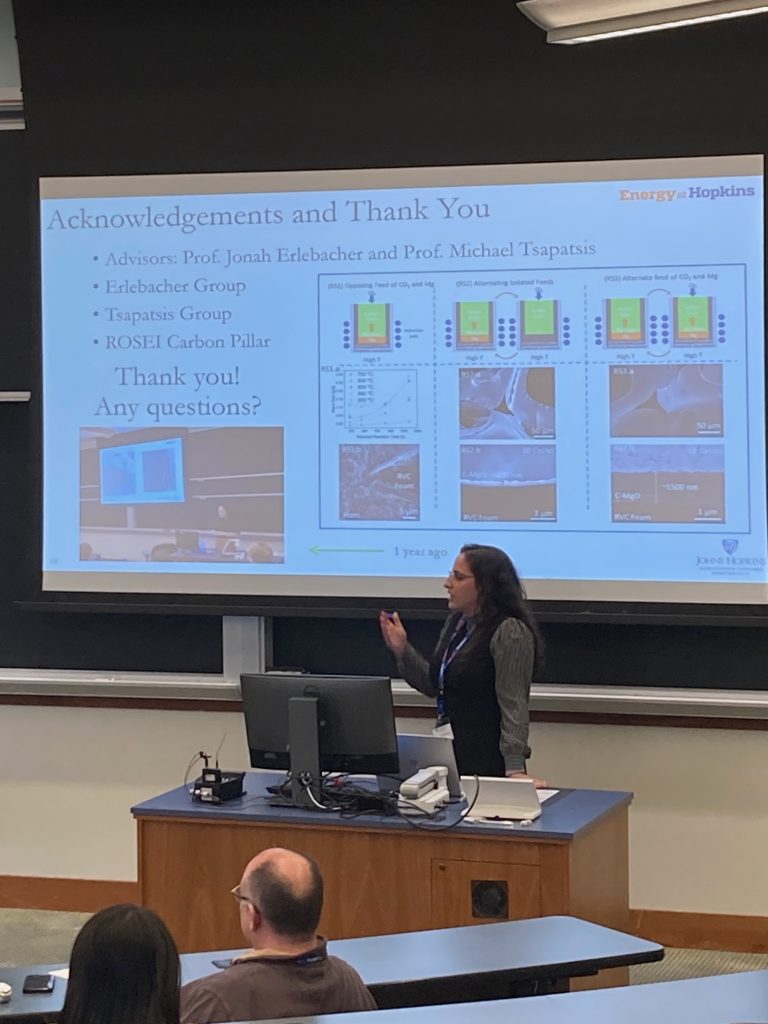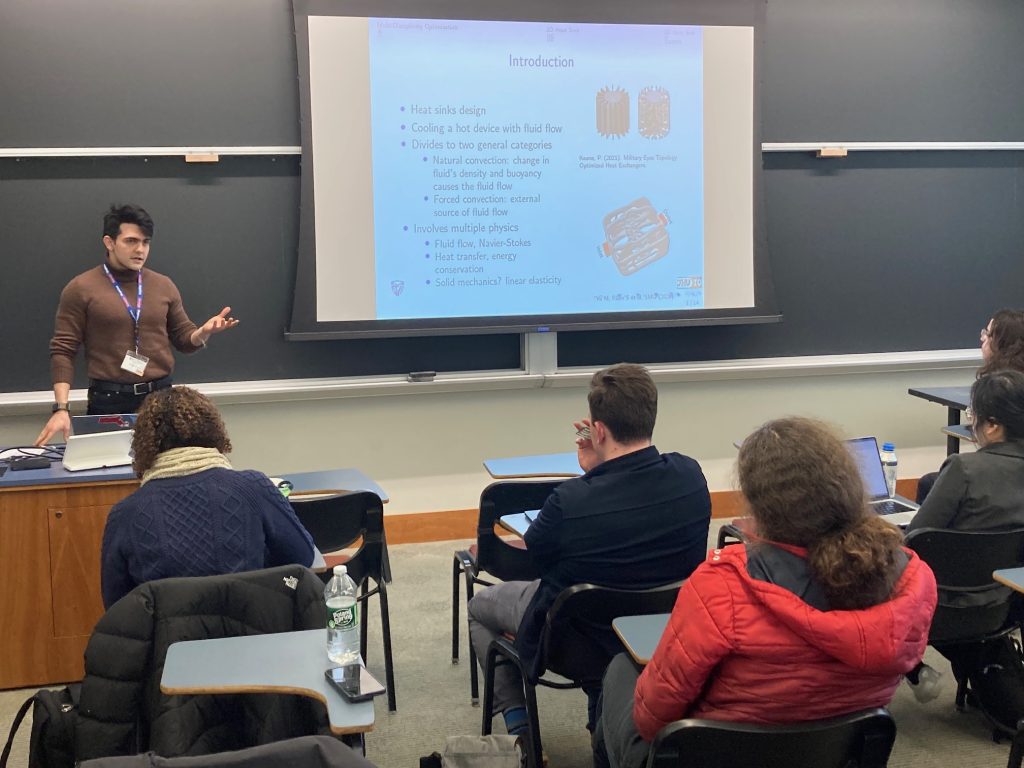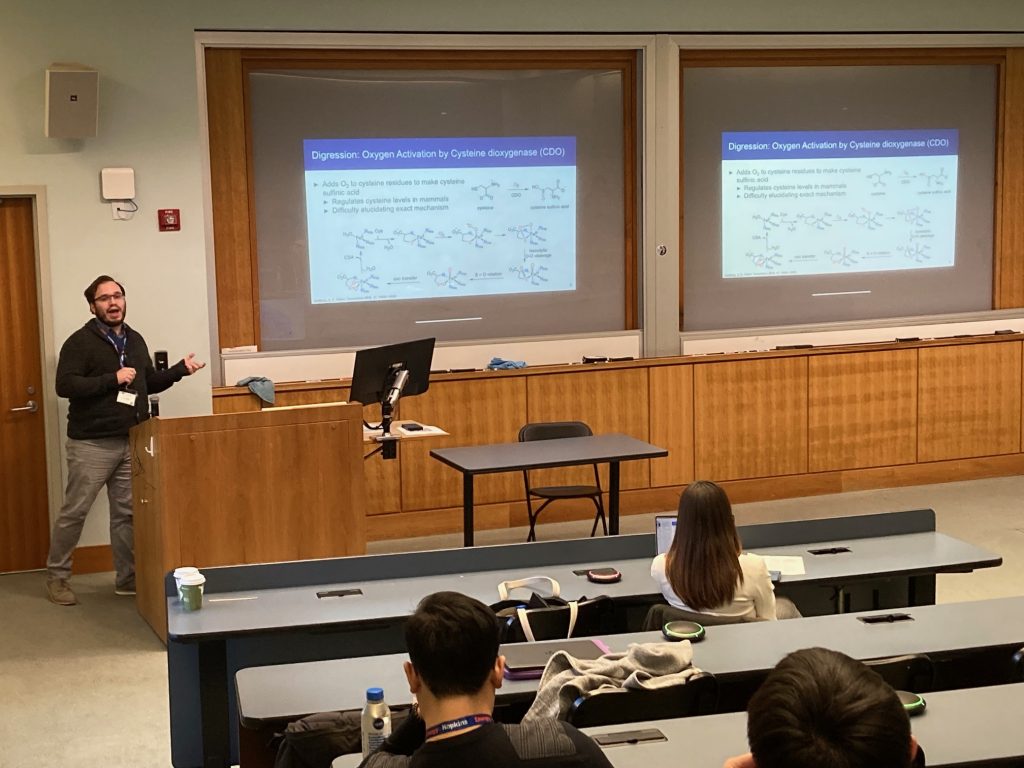The Ralph O’Connor Sustainable Energy Institute (ROSEI) hosted its second annual summit (Summit) for sustainable energy research at Johns Hopkins University (JHU) on January 17. The event brought together well over 100 people to learn about how people are attacking climate change from a variety of perspectives at JHU.
The Summit was an all-afternoon affair and featured 40 different speakers, all of which were either graduate students or research scholars, scientists, and engineers, which was praised by attendees for giving younger researchers the chance to show what they’ve been working on.
Seminar topics covered a wide range, including:
- Carbon Capture, Reuse and CO2 Based Fuels
- Artificial Intelligence (AI) for Sustainability
- Renewable Energy Generation
- Grid Optimization for Renewables
- Chemical and Structural Battery Properties for Storage
- Wind, Decarbonization of Structural Materials and Topology
“Most presentations I observed finished with a slew of follow up questions. They evolved more into discussions about the research being done, as well as potential ways to further the work rather than just people sitting there and listening,” ROSEI Director Ben Schafer said. “That has always been my hope with the Summit. That it leads to people who may not normally be in the same space, interacting and talking about how to further sustainable energy research.”
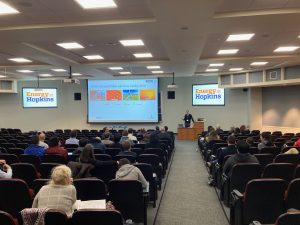 The Summit was kicked off with an opening session led by remarks from Schafer, which included a brief ceremony honoring members of ROSEI’s leadership council for their steadfast dedication to the growth of the institute. The group then heard from Bentley Allan, an associate professor of political science and associated researcher with ROSEI, about the newly formed Net Zero Industrial Policy Lab (NZIPL) that focuses on the importance of international policy in the fight against climate change.
The Summit was kicked off with an opening session led by remarks from Schafer, which included a brief ceremony honoring members of ROSEI’s leadership council for their steadfast dedication to the growth of the institute. The group then heard from Bentley Allan, an associate professor of political science and associated researcher with ROSEI, about the newly formed Net Zero Industrial Policy Lab (NZIPL) that focuses on the importance of international policy in the fight against climate change.
“In the end, the geo-political context is every bit as important as the technology dimensions when we talk about what is possible for de-carbonizing,” said Ben Link, ROSEI’s Managing Director. “Our hope with having Bentley speak before any other research was discussed was to remind our young researchers about the importance of policy when working in this field.”
The Summit was preceded by a faculty-only workshop that featured four small discussions that focused on ROSEI’s progress in different research areas, and how progress could be made. Three of the topics were in ROSEI’s pillars – Carbon, Storage and Grid – while the fourth focused on the role AI can play in renewable energy.
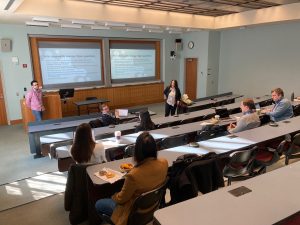 Discussion leaders Paulette Clancy, the Edward J. Schaefer Professor in Engineering and the Director of Research for the JHU Data Science and AI Initiative, and Corey Oses, an assistant professor of materials science and engineering, aimed to have the focus be on the challenges and questions that need to be addressed to figure out how to maximize AI in the fight against climate change.
Discussion leaders Paulette Clancy, the Edward J. Schaefer Professor in Engineering and the Director of Research for the JHU Data Science and AI Initiative, and Corey Oses, an assistant professor of materials science and engineering, aimed to have the focus be on the challenges and questions that need to be addressed to figure out how to maximize AI in the fight against climate change.
“It was a lively discussion with a lot of suggestions on how the university can more effectively bring AI into the renewable energy space,” Clancy said. “I came away from it encouraged with the enthusiasm everyone shared, as well as some of the ideas we came up with. If we can maintain that I think Hopkins can make an impact in this space.”
For Schafer, the buzz and excitement of the day shows just how vibrant the sustainable energy community at Hopkins has become.
“I look forward to the Summit every year because it’s a great reminder of just how many people are working on energy at Hopkins,” Schafer said. “Between the turnout we had and the variety of talks, it’s obvious that energy has become a focal point for research at the university. We at ROSEI, hope to continue to lead and aid those efforts as best we can.”

